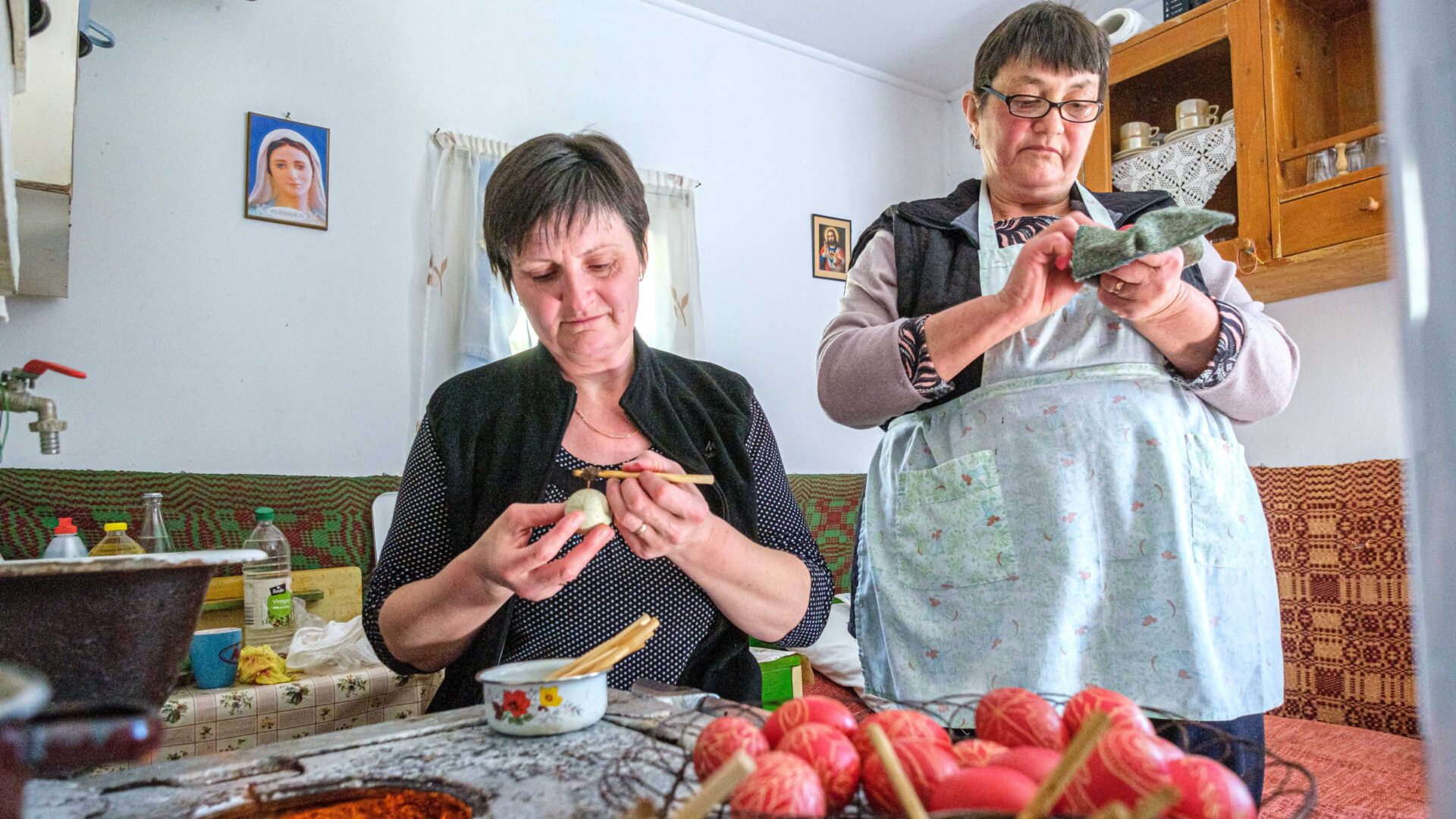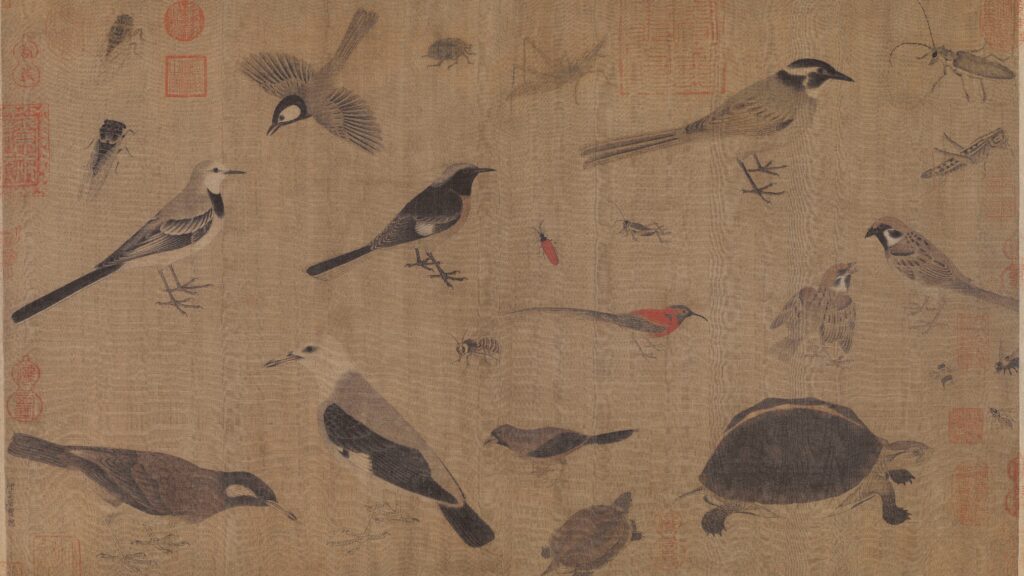Today is Good Friday, the Friday before Easter in the Christian calendar. On this day, often referred to as the quietest day of the church year, we commemorate the suffering, crucifixion and burial of Jesus Christ.
Many folk customs, beliefs and prohibitions are associated with this day in various Hungarian communities, which vary from region to region, but what is common is that eating meat is forbidden on Good Friday. Usual diets at this time include(d) egg soup, pasta, fish with vinegar and onions, or egg and milk dishes. Bean soup and poppy seed pasta are also typical fasting lunches. However, the rule of fasting did not apply to drinking pálinka.
There are many folk beliefs as well regarding Good Friday. Bread was not supposed to be baked nor a fire lit on this day, because the bread would turn into stone.
Friday used to be considered unlucky in general, and Good Friday in particular.
Most jobs related to animal husbandry were forbidden because it was believed that people would get sick or become unlucky if they did attend to the animals. However, there were also activities related to animal husbandry that around the turn of the century were traditionally carried out on Good Friday, for example tail docking and castration, as well as the branding of cattle in Hajdúböszörmény, Debrecen, Nádudvar, and Balmazújváros. Elsewhere, it was on this day that the herd of pigs was ceremonially driven out.
Eggs were also painted on Good Friday. The custom of painting eggs and decorating eggs is widespread throughout the world. In Hungary, the gift of painted and decorated eggs is primarily associated with Easter sprinkling, but the egg was also used for divination: if it was broken open on Good Friday night and dropped into a glass of water, its shape showed what the next year’s harvest would be like. There was a time when girls put eggshells on the doorstep the night before Easter to find out what their husband’s occupation would be: the same as that of the first man who enters the house.
Women cleaned the house and whitewashed the walls on Good Friday, to ensure cleanliness and order for Easter, because later, when the outside work would start, they would no longer have time for that.
Water was especially significant on this day, as it was thought to have cleansing power.
It was believed that those who bathe before sunrise on Good Friday will catch no disease. This ablution was considered not only beneficial against illnesses, but also a beautifier. After washing, the Szeged girls who went to the Tisza combed their hair under the willows so that their hair would grow just as long as the willow branches or the length of the Tisza. They did it so that they would be beautiful, not freckled. And whoever washed themselves in the sweet water of the river would be quick at work, folk tradition held. The bathing of cattle on Good Friday was also widely known, also with the aim of conjuring health.
Weather predictions were also associated with this day. If it rained, there would be a good spring, but if the weather was fine on Good Friday, there would be a bad harvest.
This article is largely based on the article ‘Good Friday Customs and Prohibitions’ published on kmmi.org.ua, the website of the Transcarpathian Hungarian Cultural Institute (Kárpátaljai Magyar Művelődés Intézet).








